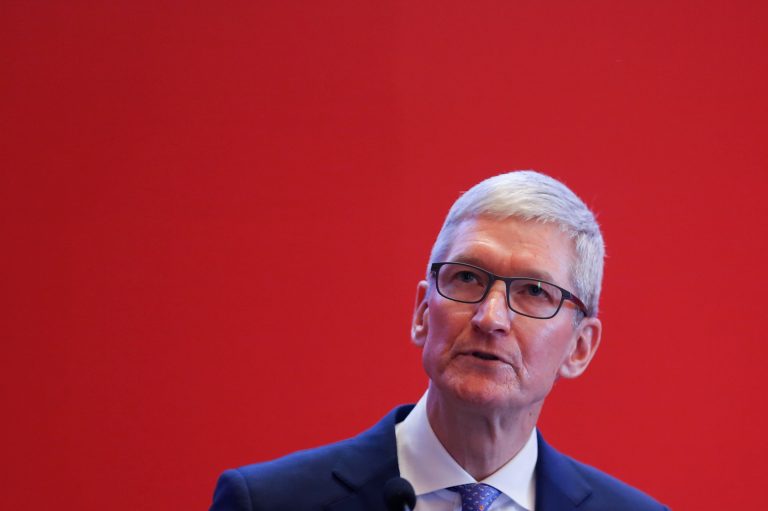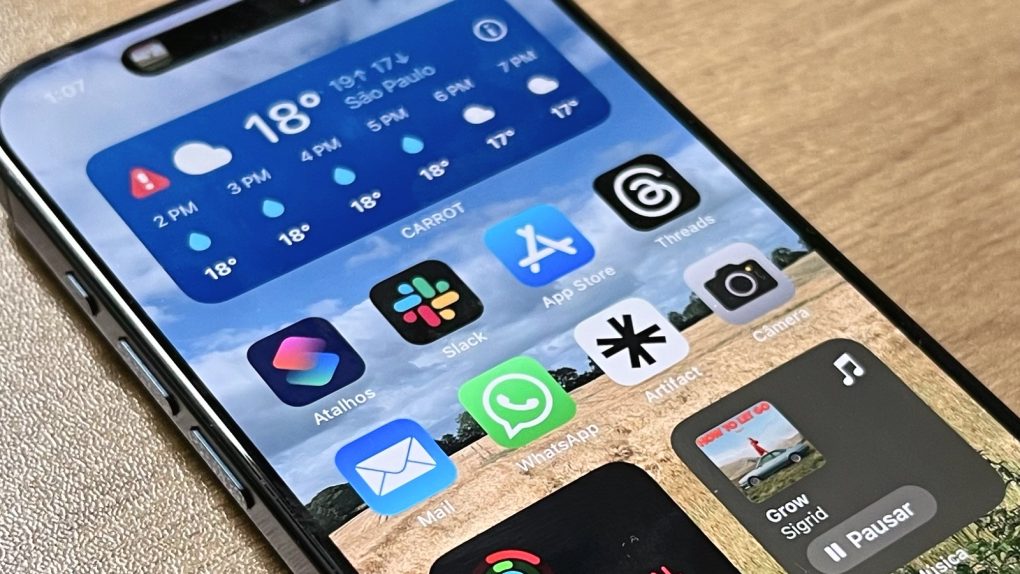China bans WhatsApp, Signal, Threads, and Telegram from the iPhone’s App Store. The Wall Street Journal says Apple had to comply with the country’s censorship demand.
In a statement sent to the publication, Apple said, “The Cyberspace Administration of China ordered the removal of these apps from the China storefront based on their national security concerns. “We are obligated to follow the laws in the countries where we operate, even when we disagree.”
Still, some other popular foreign apps are still available, such as Meta’s Facebook and Instagram, Google’s YouTube, and Elon Musk’s X. At this moment, it’s unclear why China banned WhatsApp, Threads, and other apps for security concerns. However, this isn’t the first time the country has prohibited apps for no reason.
One of the possibilities of this Chinese ban on WhatsApp and other apps is that they didn’t comply with a new rule that requires all apps available in China to register with the government. While this ban might cause some astonishment for Westerners, these apps are not widely used in the country.

Firstly, they are already blocked on Chinese networks by the “Great Firewall,” which means they need to be used with a virtual private network or other tools, and the main messaging app used in the country is WeChat. For social media, Weibo is the most popular app in the region.
Over the years, Apple has banned several apps from the Chinese App Store after the government requested that they be banned. Cupertino has made odd choices to comply with the country responsible for manufacturing most of its products and the second most profitable region after America.
For example, the company first restricted AirDrop in the region after protesters would send information against the government via AirDrop. Later, the company rolled out AirDrop restrictions to all users globally as a measure to avoid spam.
BGR will update this story if we hear from Meta, Telegram, or Signal about why their apps were banned in China.








